A livestock genetics improvement programme is set to finally get off the ground in NI after it was included in a list of projects allocated up to £20m of funding in the current financial year.
Briefing MLAs on the Stormont Agriculture committee last Thursday, DAERA finance director David Reid said that Minister Poots has agreed to a number of proposals designed to deliver on his “green growth and climate action agenda”.
Currently there are 13 projects identified across a number of areas. As well as a livestock genetics improvement programme, a LiDAR (Light Detection and Ranging) survey of NI is also set to take place.
Both initiatives have been in the melting point for some time.
A livestock database within the NI cattle and sheep sector was a key proposal emanating out of the 2013 Going for Growth report from the Agri-food Strategy Board.
Following a consultant-led review, a project manager was appointed in 2016. However, the project has effectively stalled until funding is secured.
Identifying the best genetics is seen as a key part of improving efficiency of livestock production in NI, which will have knock-on environmental benefits.
Expert group
LiDAR is a 3D laser scan, and was proposed by the John Gilliland-led expert working group that developed a sustainable land management strategy for NI back in 2016.
The purpose of a LiDAR survey is to identify fields that are most at risk of loss of nutrients into waterways, and therefore help farmers to pinpoint areas where the likes of willow strips (to catch nutrients) should be sited.
The technology is also potentially a means of quantifying the amount of above ground biomass on farms, so could be useful in accurately calculating the amount of carbon stored in trees and hedgerows.
Direct payments
It is understood that Minister Poots intends bringing forward a number of agri-environment related pilot programmes over the next two years, but it is likely to be 2024 before any radical changes are made to the current system of direct payments in NI.
Speaking in the Stormont Assembly chamber on Monday, he again reiterated his view that there is a role for a simplified area-based support safety net payment into the future, as well as a return to coupled (headage) payments for sucklers and breeding ewes.
“I am also keen to examine how genetics and a livestock data programme can be embedded in that to improve the economic and environmental performance of our grazing livestock,” the new DUP leader told MLAs.
Read more
New schemes for cutting emissions
NI industry in talks with ICBF on genetic data
A livestock genetics improvement programme is set to finally get off the ground in NI after it was included in a list of projects allocated up to £20m of funding in the current financial year.
Briefing MLAs on the Stormont Agriculture committee last Thursday, DAERA finance director David Reid said that Minister Poots has agreed to a number of proposals designed to deliver on his “green growth and climate action agenda”.
Currently there are 13 projects identified across a number of areas. As well as a livestock genetics improvement programme, a LiDAR (Light Detection and Ranging) survey of NI is also set to take place.
Both initiatives have been in the melting point for some time.
A livestock database within the NI cattle and sheep sector was a key proposal emanating out of the 2013 Going for Growth report from the Agri-food Strategy Board.
Following a consultant-led review, a project manager was appointed in 2016. However, the project has effectively stalled until funding is secured.
Identifying the best genetics is seen as a key part of improving efficiency of livestock production in NI, which will have knock-on environmental benefits.
Expert group
LiDAR is a 3D laser scan, and was proposed by the John Gilliland-led expert working group that developed a sustainable land management strategy for NI back in 2016.
The purpose of a LiDAR survey is to identify fields that are most at risk of loss of nutrients into waterways, and therefore help farmers to pinpoint areas where the likes of willow strips (to catch nutrients) should be sited.
The technology is also potentially a means of quantifying the amount of above ground biomass on farms, so could be useful in accurately calculating the amount of carbon stored in trees and hedgerows.
Direct payments
It is understood that Minister Poots intends bringing forward a number of agri-environment related pilot programmes over the next two years, but it is likely to be 2024 before any radical changes are made to the current system of direct payments in NI.
Speaking in the Stormont Assembly chamber on Monday, he again reiterated his view that there is a role for a simplified area-based support safety net payment into the future, as well as a return to coupled (headage) payments for sucklers and breeding ewes.
“I am also keen to examine how genetics and a livestock data programme can be embedded in that to improve the economic and environmental performance of our grazing livestock,” the new DUP leader told MLAs.
Read more
New schemes for cutting emissions
NI industry in talks with ICBF on genetic data



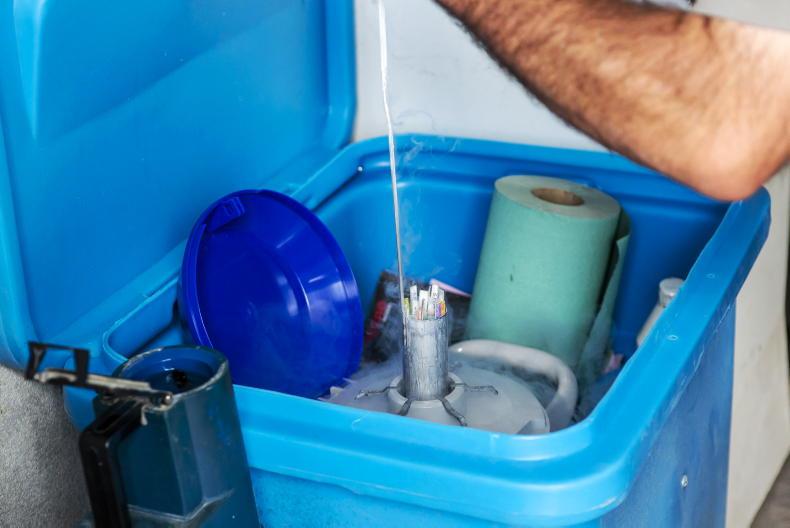

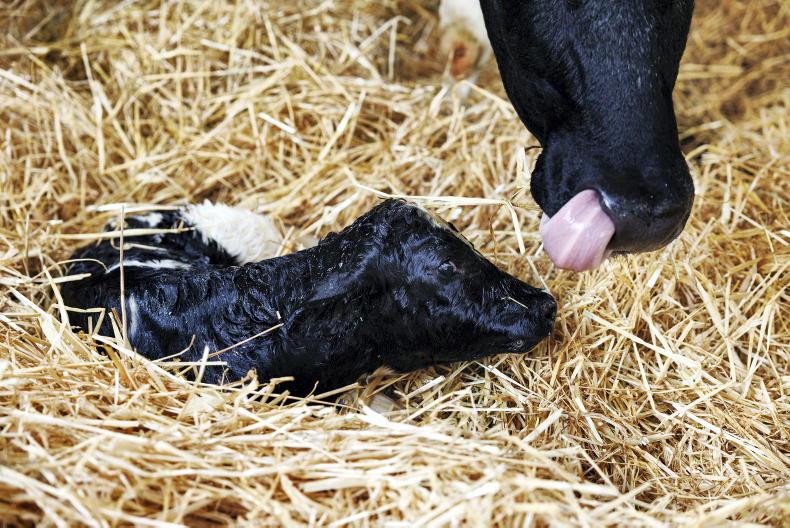
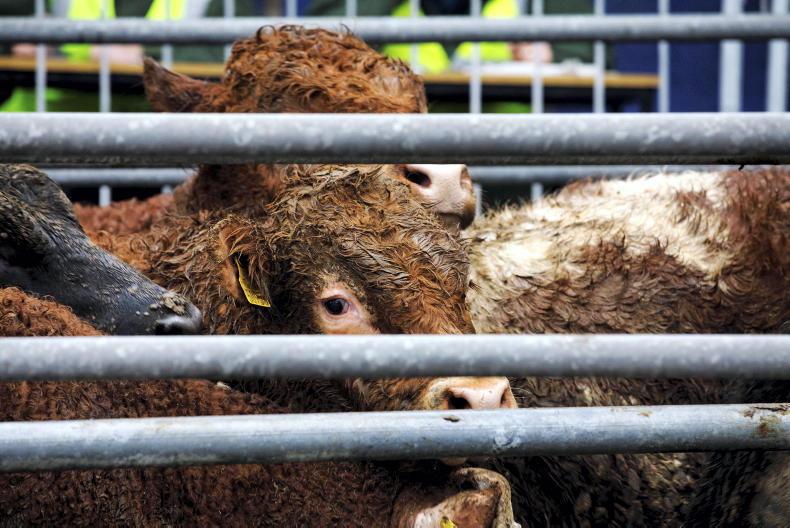
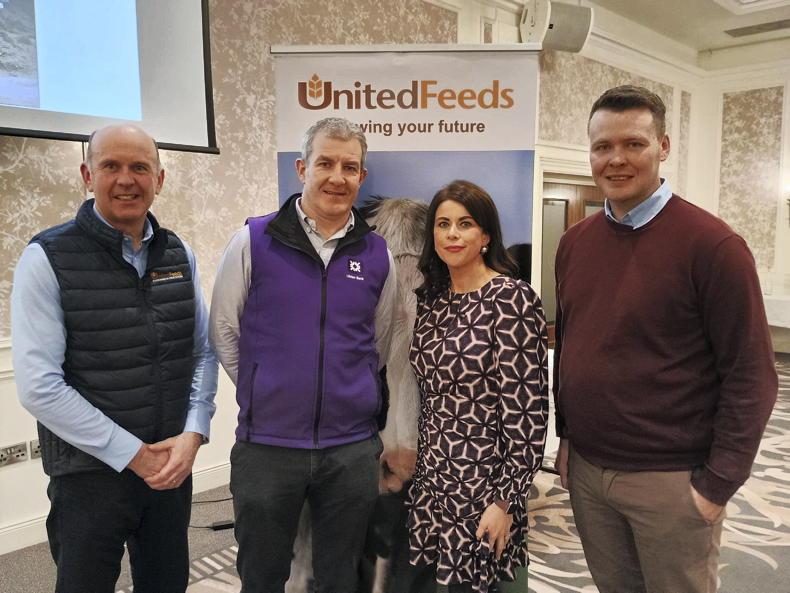
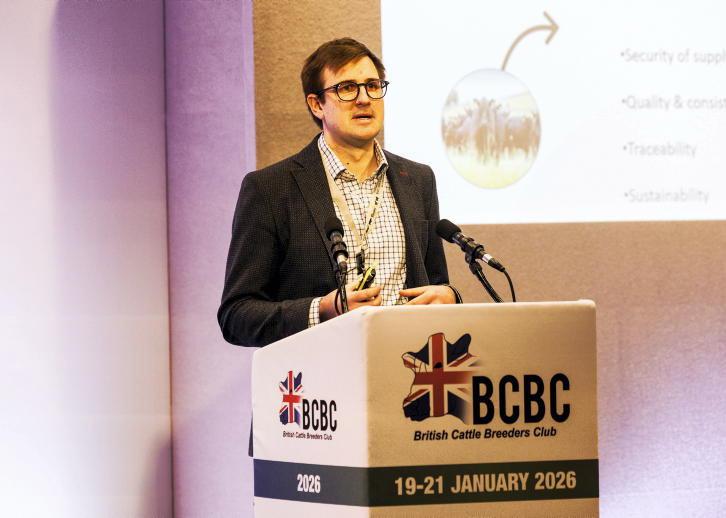
SHARING OPTIONS